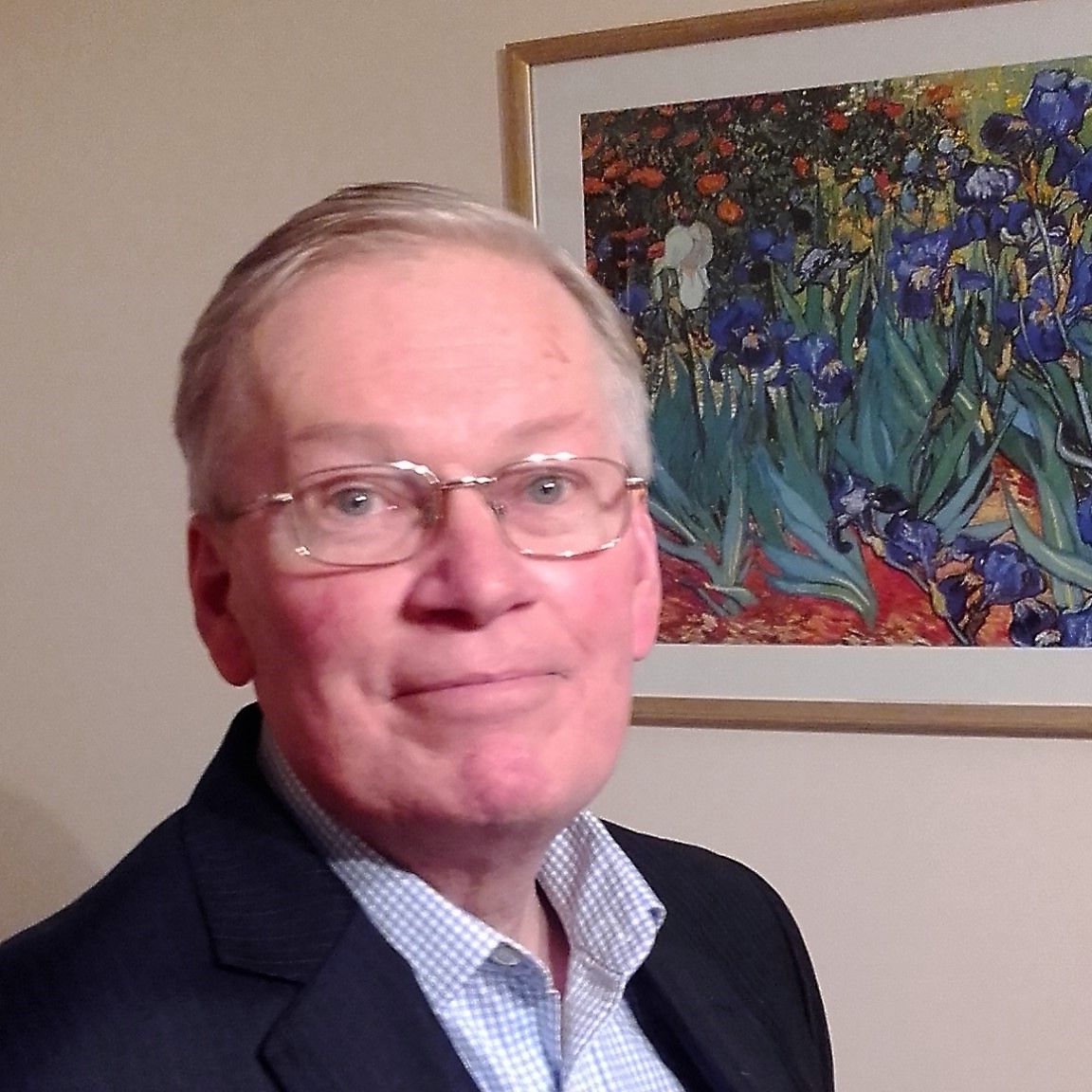
The Great Resignation – Dan Ariely don’t decide to quit too quick
Last week, we wrote about the Great Resignation. That’s the wave of employees who are expected to quit their jobs rather than follow the instructions of their employers to come back into the office.
Not so fast, says Dan Ariely. Dan is a leading behavioural economist and serves as a James B. Duke Professor of psychology and behavioural economics at Duke University in North Carolina.
In this interview with Ylan Mui from CNBC, he tells us that many people underestimate how much they miss working with other people. We are social animals after all, but maybe the fear of COVID and the convenience of working from home have helped us to forget the depth and complexity of our in-person interactions.
We’ve been under so much stress since the start of the pandemic that collectively, we’re not in a great state of mind to be reflective, to understand our motivations and to make such important decisions.
Rather than an immediate return to the office mandate, Dan offers employers an alternative strategy which is to allow reluctant employees a couple of months to gradually re-engage while they consider their futures.
His prediction is that quickly, many people will realise what they’ve been missing and want once again to work in proximity with others. In turn, closer collaboration will drive creativity, productivity and team loyalty.
Dan uses the analogy of buying a mattress to describe how he sees the return to the office process – we walk into the shop, we try a few, we buy the one we think best suits, we bring it home and usually, it takes a little time for us to get used to it.
Employers need to understand that working from home does offer real benefits to staff and so taking that away represents a real loss. But there’s also a cost to working from home.
He gives us another example; a mixed meeting where some staff are together in the office and the rest are working from home.
Dan says the ones working from home are effectively second-class citizens. They’re missing out on the interaction that takes place when colleagues are together.
For his own team, Dan is offering one-day-a-week work from home, but it will be the same day for everyone. And there’ll be no meetings scheduled for that day.
For us at Switched ON Living, the important take away is to know what we want, to think through all of our work options, and then to follow through with an employer who supports our choice.
Not so fast, says Dan Ariely. Dan is a leading behavioural economist and serves as a James B. Duke Professor of psychology and behavioural economics at Duke University in North Carolina.
In this interview with Ylan Mui from CNBC, he tells us that many people underestimate how much they miss working with other people. We are social animals after all, but maybe the fear of COVID and the convenience of working from home have helped us to forget the depth and complexity of our in-person interactions.
We’ve been under so much stress since the start of the pandemic that collectively, we’re not in a great state of mind to be reflective, to understand our motivations and to make such important decisions.
Rather than an immediate return to the office mandate, Dan offers employers an alternative strategy which is to allow reluctant employees a couple of months to gradually re-engage while they consider their futures.
His prediction is that quickly, many people will realise what they’ve been missing and want once again to work in proximity with others. In turn, closer collaboration will drive creativity, productivity and team loyalty.
Dan uses the analogy of buying a mattress to describe how he sees the return to the office process – we walk into the shop, we try a few, we buy the one we think best suits, we bring it home and usually, it takes a little time for us to get used to it.
Employers need to understand that working from home does offer real benefits to staff and so taking that away represents a real loss. But there’s also a cost to working from home.
He gives us another example; a mixed meeting where some staff are together in the office and the rest are working from home.
Dan says the ones working from home are effectively second-class citizens. They’re missing out on the interaction that takes place when colleagues are together.
For his own team, Dan is offering one-day-a-week work from home, but it will be the same day for everyone. And there’ll be no meetings scheduled for that day.
For us at Switched ON Living, the important take away is to know what we want, to think through all of our work options, and then to follow through with an employer who supports our choice.
About Us
We are an online organisation based in Melbourne, Australia. We are committed
to creating and continuously providing compelling well being
content for people aged over 50.
Featured links
Get in touch
-
GPO BOX 2705
MELBOURNE Vic 3001
Australia -
ian@switchedonglobal.net
Copyright © 2022
